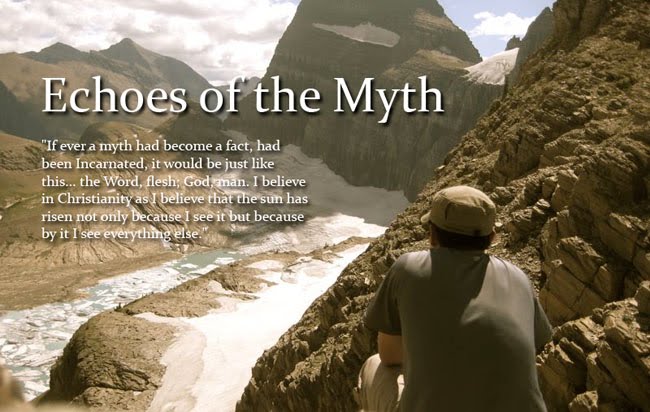It seems like the media is a fickle master. Is it just me or does it seem like Japan's three-fold calamities (earthquake, tsunami, and nuclear radiation) are not getting nearly the kind of response and exposure as Haiti's earthquake or Libya or Egypt? Additionally, it seems that out of the three, the nuclear 'meltdown' seems to be getting all the attention (perhaps because we somehow fear that the radiation could spread over here?) One website commented on the kind of hysteria that news media outlets seem to be generating:
To say - as some news outlets have - that the Fukushima accident was now worse than the Chernobyl disaster in 1986, just shows how bad the coverage can get, and why people get anxious. Chernobyl was a Russian design without a containment vessel and the reactor core was exposed, on fire, and large quantities of the fuel itself released into the air.
The Japanese reactors are designed to prevent this ever happening; fuel is inside a thick steel vessel, itself within a containment structure that is specifically designed to prevent release of core materials even during an accident such as this. Also, boiling water reactors like the ones in Fukushima are cooled by water which, unlike the graphite core at Chernobyl, cannot burn.
Even if the 50 brave nuclear engineers and reactor staff, mostly volunteers, do lose their long battle and a meltdown occurs, this is not necessarily catastrophic. The reactor’s containment structure is designed to prevent the spread of radioactivity and - even if these are breached - it is still likely that much of the radioactive material would be contained at the site.
THE LOSS OF TENS OF THOUSANDS of lives and the widespread destruction caused by the quake and tsunami will clearly dwarf any damage caused by the nuclear accident, even if a meltdown occurs. But that's not the impression you get from the lopsided, occasionally shrill coverage.
TENS. OF. THOUSANDS. Again the question remains, "why are we not hearing about relief efforts or pleas to give to relief work? Why are no celebrities responding and advocating?" Aside from a Japan tribute album on ITunes, I haven't seen much or heard much, but that could just be me. I overheard one person saying that it's because of the general notion that Japan is a wealthy nation and can take care of itself. Really? How wealthy of a nation do you have to be to be able to cover the relief, rehabilitation, and redevelopment of a 10.0 scale earthquake, 24 foot tsunami that ate up much of your coastline, and thousands upon thousands dead and/or missing?
My own reaction has been lacking concern, focus, and prayer. I realize that perhaps there is some deep-seated animosity towards Japan in my heart. I wouldn't wish what happened to that country on anyone, but my lack of compassion and urgency definitely betrays something in my heart.
A lot of this came to a head for me when I read a blog of a Japanese pastor from Fukushima. I was heartbroken over the real pastoral ministry that this brother is engaged in. How heart-wrenching must be his ministry to his church right now! Would you join me in praying for Japan? Here are some things we can pray for:
- Pray for pastors like Akira Sato. Pray for his strength and protection. Pray for Fukushima First Baptist Church - that God would preserve them, give them strength, and unleash them to be a sacrificial instrument of rehabilitation for the community. Perhaps many will come to know Jesus through their ministry of ministry even at cost to themselves.
- Pray for the generosity of the global church. Japan needs relief aid now. Pray that the church worldwide would be eager to participate in the relief of the saints.
- Pray for the proclamation of the Gospel. Pray that this suffering would open the eyes of those who were complacently trusting in their possessions, self-made security, and comfort. Pray that the God of comfort who comforts us in our afflictions would draw close and manifest his great power and love. "Many waters cannot quench your love."
- Pray for the return of Jesus. Pray that God would continue the work of new creation, reconciling all things to himself through Jesus. Thus, restoring the created order to its rightful state.
Would you take the time to write a prayer comment below? A short one-two line prayer to encourage and lift up the people and Church of Japan.











